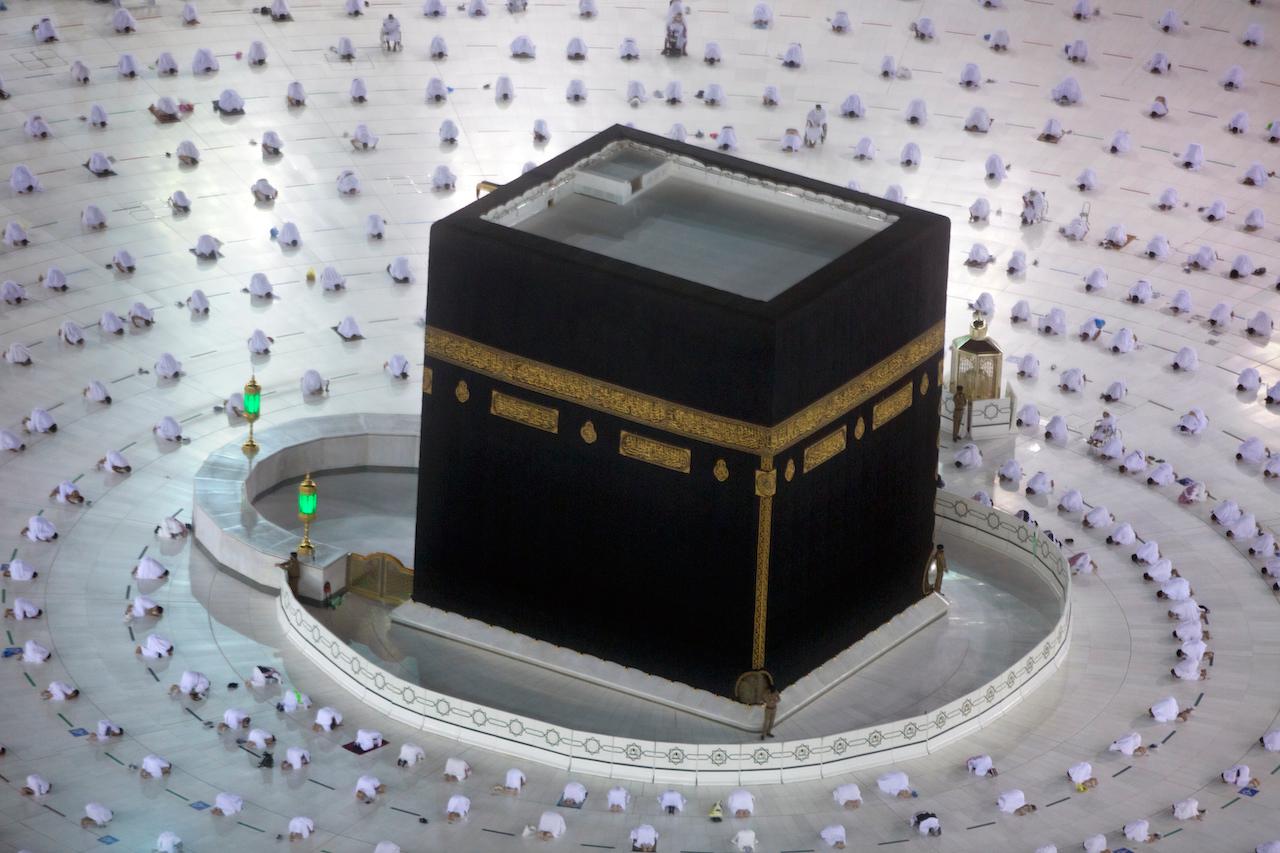Saudi Arabia considers barring overseas haj pilgrims for second year
Millions of pilgrims from around the world crowding into the holy cities would be a hotbed for virus transmission.
Just In
Saudi Arabian media is reporting that the kingdom is considering banning overseas pilgrims from the annual haj for the second year running as Covid-19 cases continue to rise globally.
Authorities are particularly worried about the emergence of new variants, two sources familiar with the matter said on Wednesday.
Such a move would restrict the pilgrimage, a once in a lifetime duty for every able-bodied Muslim who can afford it, to Saudi nationals and residents of the kingdom who have been fully vaccinated or have recovered from Covid-19 for at least six months.
Another source said the plans were initially to allow some vaccinated pilgrims from abroad, but confusion over types of vaccines, their efficacy and the emergence of new variants has pushed officials to reconsider.
While discussions about a possible ban have taken place and are continuing, there has been no final decision on whether to pursue it, the sources said.
Before the pandemic enforced social distancing globally, some 2.5 million pilgrims used to visit the holiest sites of Islam in Mecca and Medina for the week-long haj, and the lesser, year-round umrah pilgrimage, which altogether earned the kingdom about US$12 billion a year, according to official data.
As part of economic reform plans pursued by Crown Prince Mohammed bin Salman, the kingdom had been hoping to raise the number of umrah and haj pilgrims to 15 million and five million respectively by 2020 and aimed to double the umrah number again to 30 million by 2030. It aims to earn 50 billion riyals (US$13.32 billion) of revenues from the haj alone by 2030.
Saudi Arabia barred foreigners from the haj last year due to the pandemic for the first time in the kingdom’s modern history, allowing only a limited number of Saudi citizens and residents to take part.
Covid-19 infections are still rising in many countries globally and millions of pilgrims from around the world crowding into the holy cities would be a hotbed for virus transmission.
In the past, many worshippers have returned to their home countries with respiratory and other diseases which they have then spread.
In February, the government suspended entry to the kingdom from 20 countries, with the exception of diplomats, Saudi citizens, medical practitioners and their families, to help curb the spread of Covid-19.
The ban, which is still in place to date, includes arrivals from the United Arab Emirates, Germany, the US, Britain, South Africa, France, Egypt, Lebanon, India and Pakistan.
Subscribe to our newsletter
To be updated with all the latest news and analyses daily.
